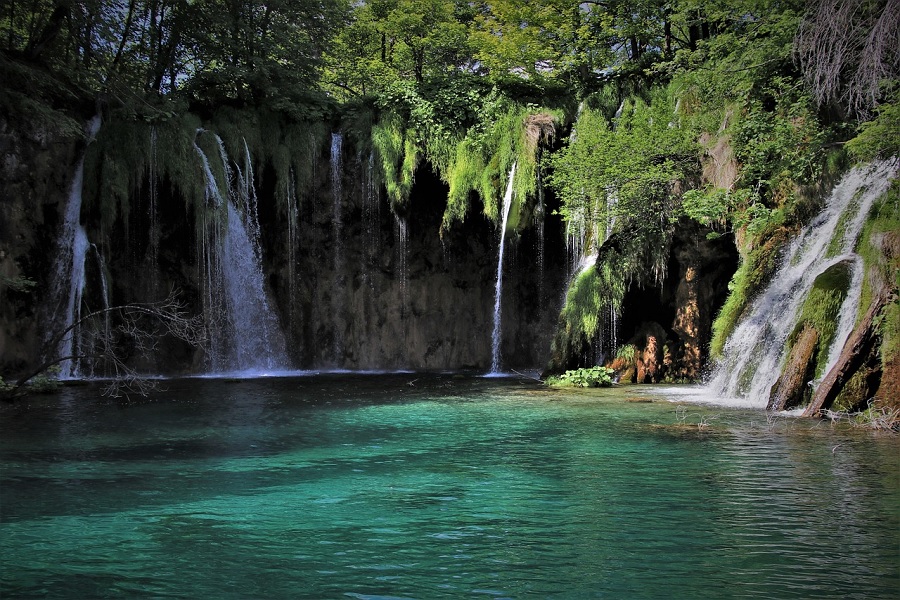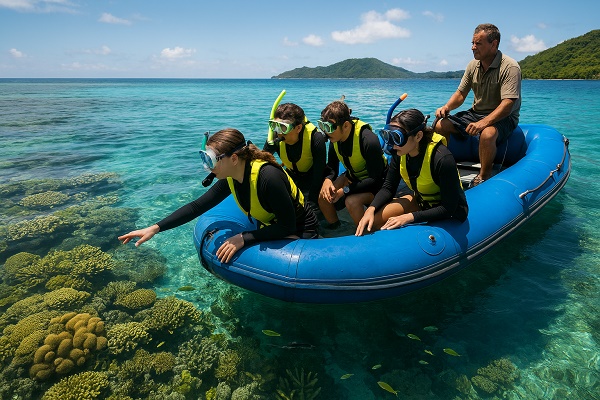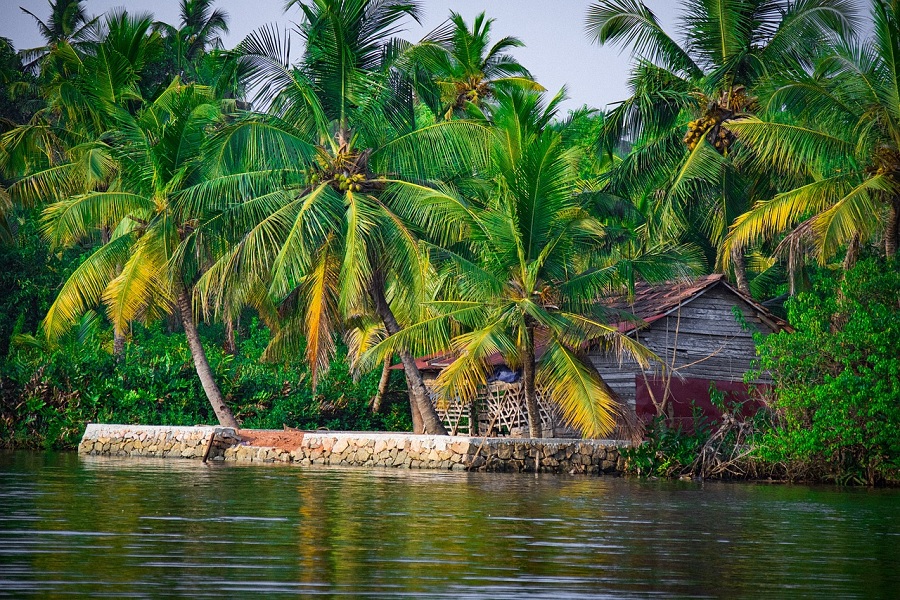Exploring Ecotourism: The Path to a Greener Tomorrow

Ecotourism is an exciting and impactful form of travel that focuses on exploring and conserving the natural environment while ensuring the protection of local cultures. It offers a way for travelers to engage with the world around them in a responsible and sustainable manner, contributing to environmental conservation efforts and the well-being of indigenous communities.
What Is Ecotourism?
At its heart, ecotourism promotes the idea of visiting natural destinations while minimizing the human impact on these fragile ecosystems. Unlike traditional tourism that often leads to overcrowding and environmental degradation, ecotourism emphasizes preserving biodiversity, reducing pollution, and encouraging sustainable development.
Ecotourism activities can include wildlife observation, hiking through national parks, eco-lodging, and participating in conservation projects that benefit both the ecosystem and the local population.
Why Is Ecotourism Important?
Preserving Biodiversity: Many ecotourism destinations are home to endangered species and delicate ecosystems. By supporting these regions, tourists contribute directly to conservation efforts and the preservation of biodiversity.
Empowering Local Communities: In many parts of the world, tourism is a primary source of income for indigenous communities. By focusing on ecotourism, local cultures can thrive without exploiting their natural resources.
Raising Environmental Awareness: Ecotourism offers an immersive experience that can educate travelers about conservation, sustainability, and the importance of protecting the environment for future generations.
Economic Sustainability: By supporting eco-friendly businesses, tourists can help local economies grow in ways that are sustainable and minimize long-term environmental damage.
Ecotourism Destinations to Consider
* Costa Rica: A pioneer in ecotourism, Costa Rica boasts an extensive network of national parks and wildlife reserves. Tourists can explore rainforests, volcanoes, and wildlife sanctuaries, all while supporting the country’s efforts to preserve its rich biodiversity.
* Kenya: Known for its vast savannas and wildlife, Kenya’s ecotourism offerings focus on wildlife conservation, particularly through responsible safaris and community-based tourism.
* Norway: Norway’s commitment to sustainable tourism is evident in its eco-friendly accommodations and nature-based activities like fjord cruises, hiking, and wildlife watching, all aimed at preserving the stunning landscapes for future generations.
* New Zealand: With its pristine landscapes and well-maintained national parks, New Zealand is a top destination for ecotourism. The country’s approach to sustainability extends to its thriving eco-lodging sector and nature-centric activities.
How You Can Participate in Ecotourism
Travelers can do their part to support ecotourism by:
* Choosing Sustainable Accommodations: Opt for eco-lodges, campsites, or hotels that follow green practices, such as energy conservation, waste management, and water preservation.
* Supporting Local Conservation Projects: Many ecotourism destinations offer opportunities to participate in wildlife tracking, forest restoration, or coral reef conservation.
* Minimizing Your Carbon Footprint: Travel to destinations by low-carbon transportation options like trains or buses, and always strive to reduce waste while visiting nature reserves.
* Respecting Local Cultures: Engaging with local communities in a respectful and meaningful way can enhance the ecotourism experience, allowing you to learn about traditional practices while helping the community thrive.
Ecotourism: A Path to the Future
Ecotourism is not just about traveling; it’s about making a difference. Every ecotourism trip offers an opportunity to connect with nature, contribute to the protection of our planet, and empower local communities. As more travelers embrace sustainable practices, ecotourism will continue to grow, playing an essential role in preserving our world for future generations.
























